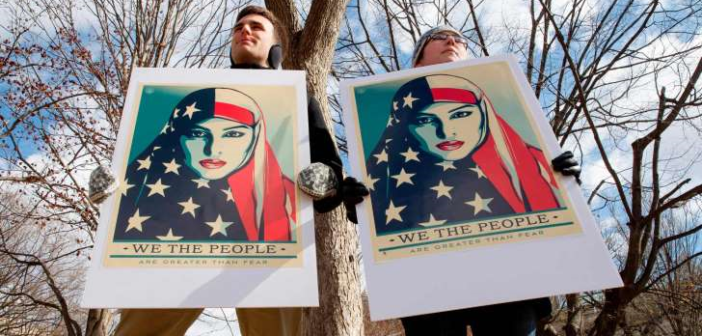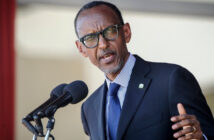President Donald Trump of the United States’ travel ban on six Muslim-majority countries was yesterday defeated at the court. A federal judge in Hawaii issued a sweeping freeze of President’s new executive order hours before it comes into effect.
In a blistering 43-page opinion, U.S. District Judge Derrick K. Watson pointed to Trump’s own comments and those of his close advisers as evidence that his order was meant to discriminate against Muslims and declared there was a “strong likelihood of success” that those suing would prove the directive violated the Constitution.
Watson declared that “a reasonable, objective observer — enlightened by the specific historical context, contemporaneous public statements, and specific sequence of events leading to its issuance — would conclude that the Executive Order was issued with a purpose to disfavour a particular religion.”
He lambasted the government, in particular, for asserting that because the ban did not apply to all Muslims in the world, it could not be construed as discriminating against Muslims.
“The illogic of the Government’s contentions is palpable,” Watson wrote. “The notion that one can demonstrate animus toward any group of people only by targeting all of them at once is fundamentally flawed.”
President Trump at a rally in Nashville, called the ruling “terrible” and “done by a judge for political reasons.” He said the administration would fight the case “as far as it needs to go,” including up to the Supreme Court.
Sarah Isgur Flores, a spokeswoman for the Justice Department, said in a statement: “The Department of Justice strongly disagrees with the federal district court’s ruling, which is flawed both in reasoning and in scope. The President’s Executive Order falls squarely within his lawful authority in seeking to protect our Nation’s security, and the Department will continue to defend this Executive Order in the courts.”
The new entry ban had suspended the U.S. refugee program for 120 days and halted for 90 days the issuance of new visas to people from six Muslim-majority countries: Iran, Somalia, Sudan, Yemen, Libya and Syria. It was different from the first entry ban in that it omitted Iraq from the list of affected countries, did not affect current visa or green-card holders and spelled out a robust list of people who might be able to apply for exceptions.




